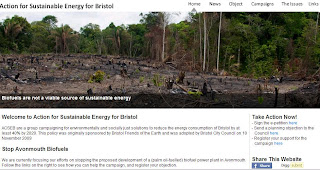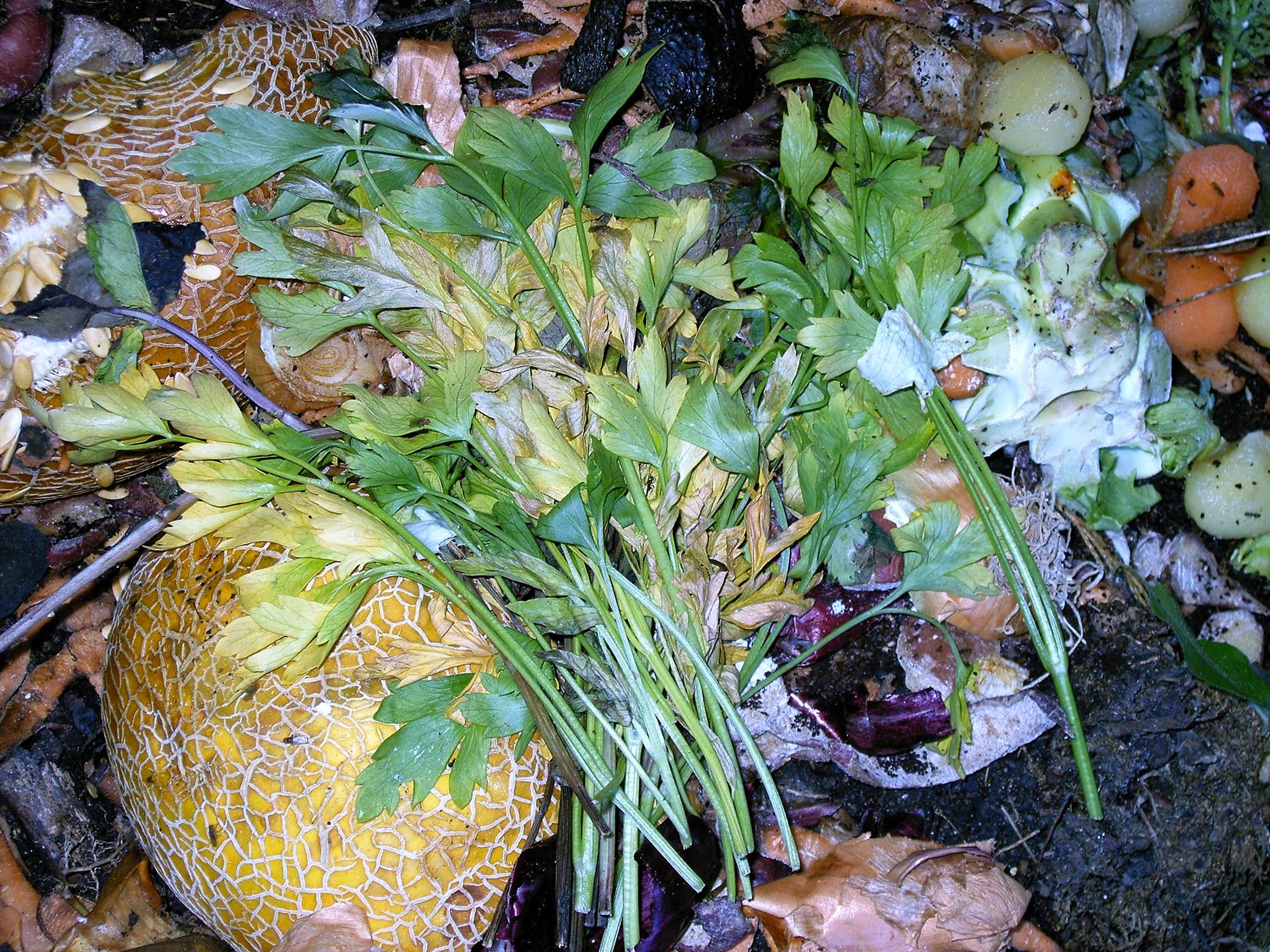
Even in this time of recession its likely that during Christmas billions of pounds will be spent on food, drink and presents in the UK. Waste levels rise by 20% at this time and include food, energy, wrapping paper, cards and of course Christmas trees. We can enjoy ourselves without abandoning green concerns however with a little prioritisation and organisation. The following wont transform us into a sustainable society of course but whilst campaigning for the required leadership, policies, institutions and decision-making processes continues, they are positive steps I think are worth taking now on cards, decorations, trees, wrapping presents, chocolate and turkey...!!
Billions of Christmas cards are sent every year, many not made of recycled card and many thrown out rather than recycled. You could send an e-card instead or watch out for cards made from recycled material or make your own cards from previous ones! Bristol is well set up for recycling card, so its easy for us to use this system.
Old colour newspapers and magazines can be used to make decorations like paper chains. Paint, glitter, card from boxes or old Christmas cards, glue and a bit of wool or string can be used to make tree decorations. These activities will keep kids happy and occupied doing a creative task that really involves them in Christmas. Far better this than buying sparkly decorations made in a far away sweat shop by child labour then flown thousands of miles across the globe.
Millions of Christmas trees are bought, often to be thrown out, each year. There is enough tree waste to fill the Albert Hall more than three times! The best thing you can do if you have a tree is buy one with roots - it can be planted out and used year on year. If you choose a tree without roots make sure you use the local schemes for turning used ones into mulch for parks and gardens.
You may not think of all that sticky-tape securing wrapping paper as plastic but it is. It wont rot and is single-use. String and wool are both more biodegradable and reusable and so are much the better option for securing wrapping paper. String/wool does not mess up the paper it secures and leaves it in a state where it, with a little care, can be retained and reused – close to ten thousand tonnes of paper is used to wrap UK presents every year. If you have paper that cant be reused put it out for recycling in your black box!
Hundreds of millions is spent on chocolate for Christmas. If you buy fair trade chocolate you will be supporting cocoa farmers, their families and communities much more. They get a fair price for their cocoa beans. Rights, pay and working conditions are much better under fair trade.
Ten million or more turkeys are eaten during the festive season in the UK. Millions of these birds are reared intensively in huge windowless buildings containing crowds of thousands. Selectively bred and anti-biotic treated for maximum growth these birds cannot express natural behaviours and cannot mate without human intervention. I’m just not hungry for this kind of food at all and its ecological footprint is very high. If you don’t want to avoid turkey at Christmas altogether its worth paying more for one reared to much higher animal welfare standards.
More information/ideas:
http://www.theecologist.org/pages/archive_detail.asp?content_id=2024
 Copy of a short article to be published in the local newsletter/magazine
Copy of a short article to be published in the local newsletter/magazine







 Ben Bradshaw MP
Ben Bradshaw MP




